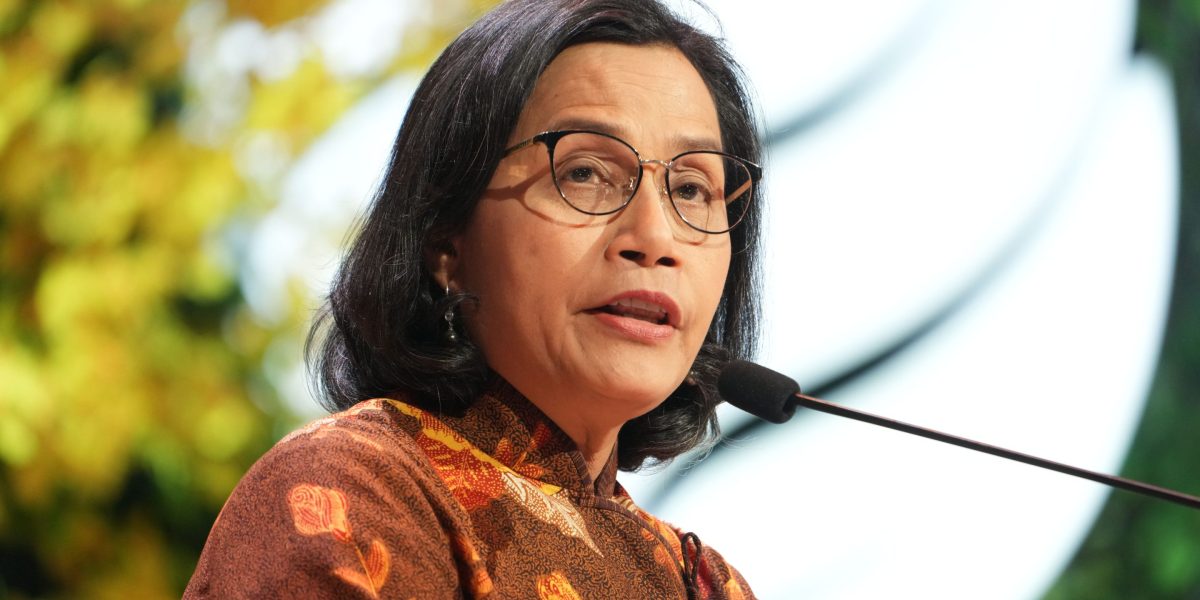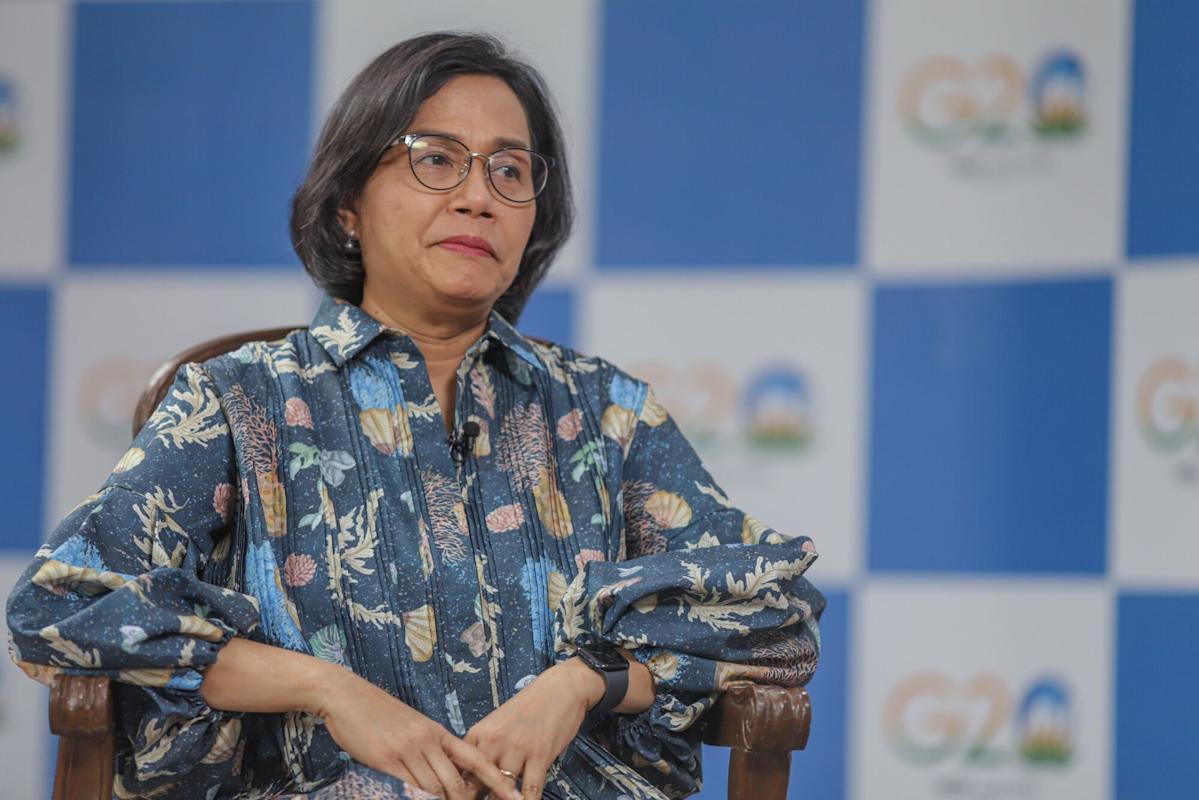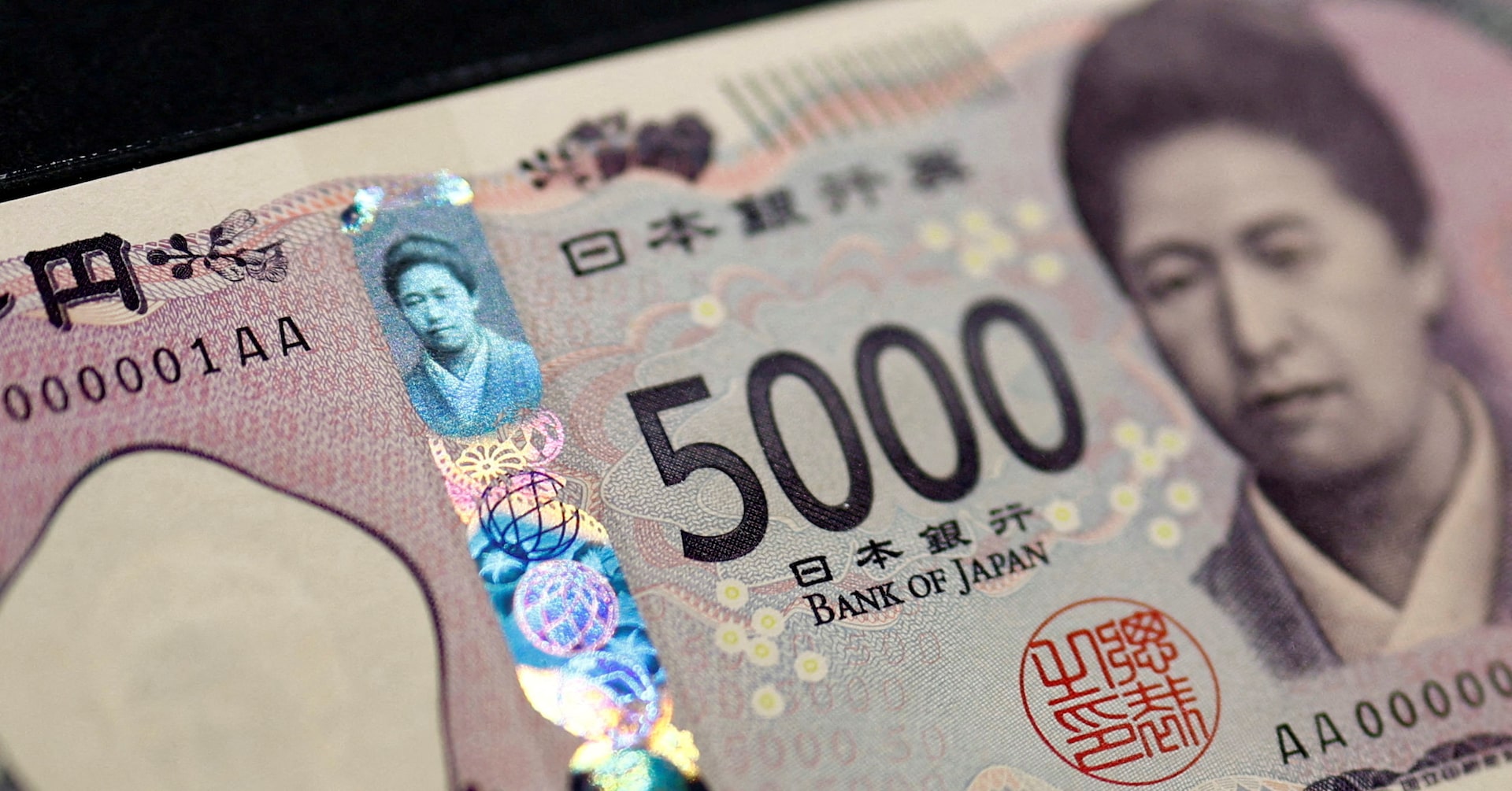Indonesia's Power Shake-up: Prabowo's Bold Move Sparks Financial Uncertainty

Finance Minister Sri Mulyani Indrawati finds herself at the center of mounting public frustration, as widespread protests erupt over escalating living costs and controversial legislative privileges. The growing unrest has caught the attention of political heavyweight Prabowo Subianto, who is now actively seeking to calm tensions and mitigate potential political fallout.
The demonstrations reflect deep-seated public anger over economic challenges and what many perceive as out-of-touch lawmakers enjoying generous perks while ordinary citizens struggle with rising expenses. Sri Mulyani, a key economic policymaker, has become a focal point for protesters demanding greater economic relief and transparency.
Prabowo, known for his strategic political maneuvering, is reportedly working behind the scenes to defuse the situation and prevent the protests from gaining more momentum. His intervention suggests a nuanced approach to managing the growing public discontent, recognizing the potential political risks of prolonged social unrest.
The current climate underscores the delicate balance between economic policy, public sentiment, and political stability in Indonesia, with Sri Mulyani and Prabowo playing crucial roles in navigating these complex challenges.








